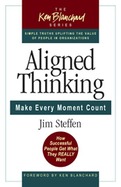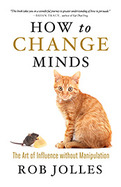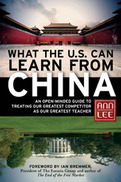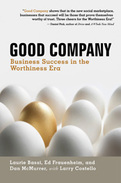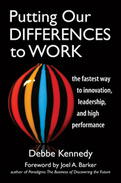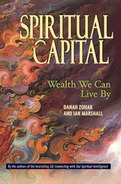2006
• The latest volume in Berrett-Koehler's Ken Blanchard Series -- books hand-picked and introduced by Ken Blanchard
• Helps readers reduce stress and increase accomplishment, satisfaction, meaning, and fun in both their personal and professional lives
• Uses an entertaining story format to walk readers through a simple, straightforward process that has transformed individuals and organizations
Too much to do! I never get anything done! I have so little control over my life!
These were thoughts Ray had as he headed home later for supper, confident his wife, Carol, would be sympathetic to his problem.
One sentence into unloading his problems on her, he heard, "Too much to do? Tell me about it!" Her problems were as big as or even bigger than his.
When they went to a friend for help, they discovered more than hope, "That sounds like us several years ago. But Coach Eric's Aligned Thinking not only solved those problems, it helped us to do what most people believe impossible: align every action to what we really want.
With mild hope and huge skepticism, Ray and Carol visited Coach Eric and gave him a description of their ideal professional and personal life. Coach Eric assured them that Aligned Thinking could help them enjoy each item on their list. However, when he asked them to add to their list "make every moment count so life becomes a celebration," Ray and Carol became even more skeptical.
Join Ray and Carol as they discover the proven power of Aligned Thinking. You'll find it:
• Simple - Summarized in an elegant nine-word question
• Quick - It takes less than fifteen seconds to implement
• Lasting - Once you understand it, you can use it daily for a lifetime
2013
2011
2004
-
Provides a radical new philosophy for business that redefines its meaning and purpose and offers hope for a more sustainable future
-
Takes the concept of spiritual intelligence, pioneered in the authors' bestselling SQ: Connecting with Our Spiritual Intelligence, and applies it to the business world


